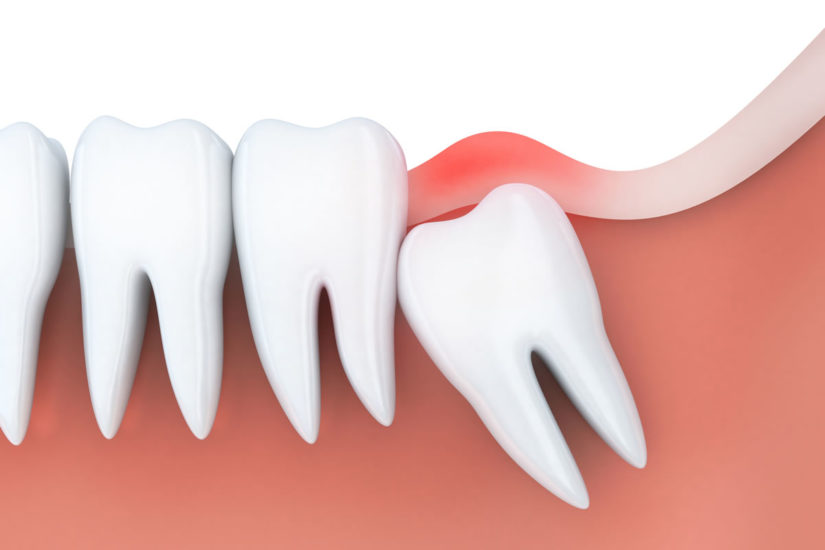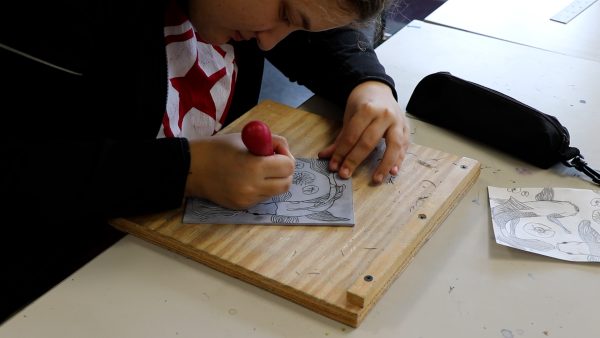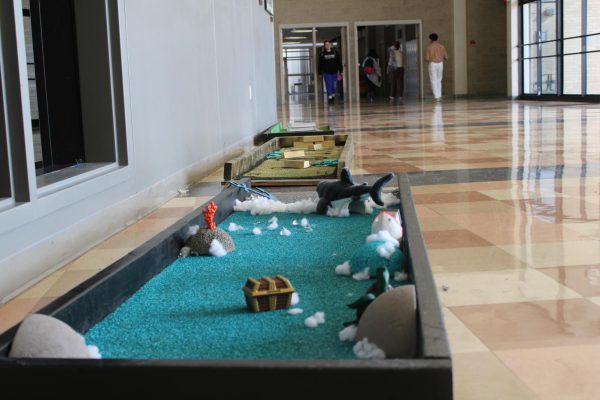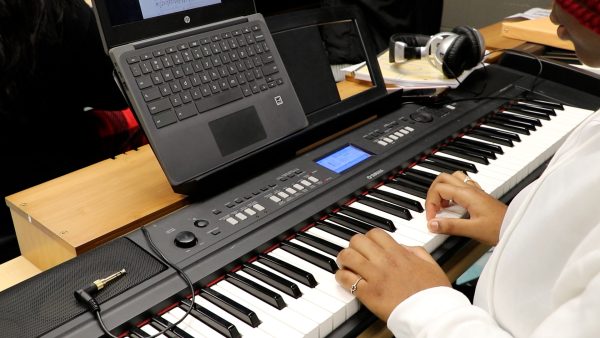Older and Wiser?
The Stress of Wisdom Teeth Removal
March 4, 2020
High school students go through many challenges such as: transitioning from middle school to high school, getting a job, prepping for the SAT, and choosing the right college. Other challenges could be personal or related to their health. One example of this would be getting your wisdom teeth removed.
Wisdom teeth are the final set of molars that most people get in their late teens or early twenties. Molars are the teeth that help us grind and chew our food. As children we get our first set as baby teeth; another set appears in early teenage years; and then in later years the final set comes in. These are called wisdom teeth. Often times wisdom teeth are misaligned and must get removed. Poor alignment of the wisdom teeth could cause problems like nerve damage, crowding or can affect the jawbone. If they erupt the gums, they could create an opening for bacteria to grow which can lead to an infection. A wisdom tooth that is fully erupted through the gum can be easily pulled out like any other tooth. However, a wisdom tooth that is underneath the gums and, in the jawbone will require an opening of the gums and then removal of the bone that lies over the tooth.
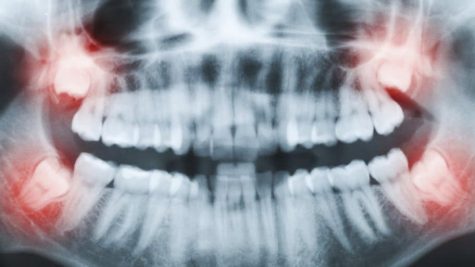
The recovery stage is different for everyone, because it depends on how difficult it was for them to pull them out. Some ways to make the recovery stage go smoother are icing on and off for twenty-four hours, putting gauze over the back teeth to soak up the oozing blood, taking ibuprofen or Tylenol, eating softer foods that aren’t hot, and get as much rest as possible. After the first twenty-four hours you should begin using the medicated mouth wash the doctor prescribes you and brushing your teeth, but make sure you don’t brush over the stiches because they could become loose.
Some complications after removal of the wisdom teeth could be dry sockets, or paresthesia. Dry sockets are blood clots that either the blood clot failed to form or the blood clot that formed has been disturbed. Paresthesia is rarer complications where the numbness never wears off. This causes the tongue, lip, or chin to have little to no feeling that could last a few days, weeks, months, or may be permanent.
So, if you see someone walking around with chipmunk cheeks or bruises on the jawlines that’s probably because they just got their wisdom teeth removed. Try to go easier on them because they are already in a lot of pain.

